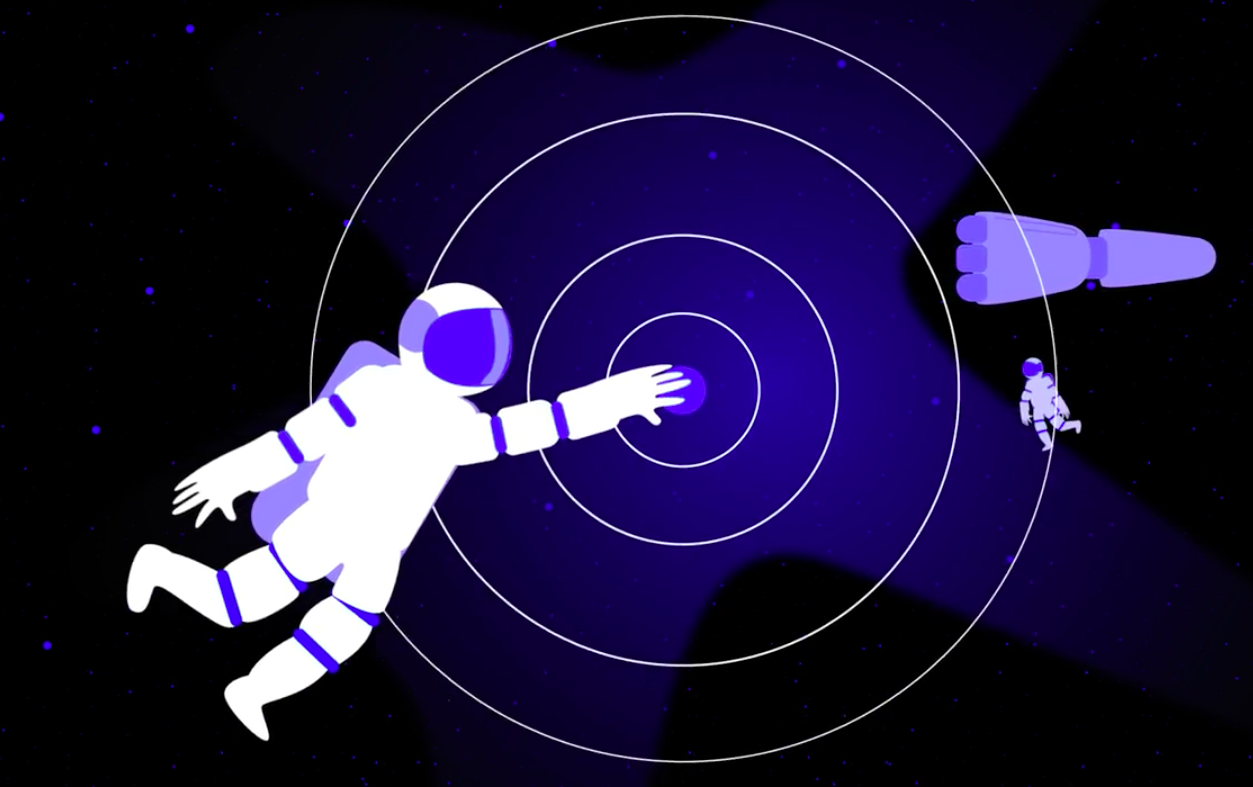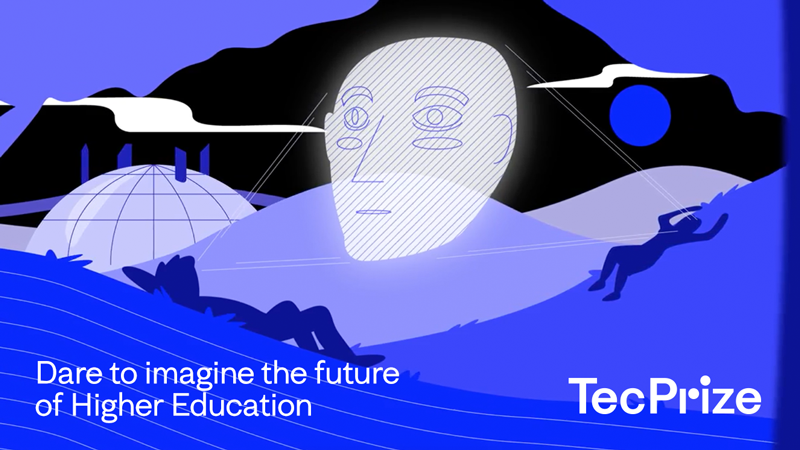Did you ever dream of driving a DeLorean through the sky like Marty Mcfly? Did you imagine it was going to be possible to use trash as fuel? Director Robert Zemeckis thought that madness was going to happen in the year 2015 and filmed it at the beginning of the 80’s. The truth is that we don’t fly cars yet, neither we can bend time, though some companies are turning trash into fuel. It seems distant to think that we will be fighting interstellar battles like in Star Wars or Star Trek, but it doesn’t sound as inconceivable as it did in the seventies.
TecPrize contest
Let’s forget about galactic conflicts for a moment and think about the future of education. How will teacher and student interact? Will professors be human? Will there be classrooms? How will student tools be like? What is going to be AI’s role? Questions and possibilities are infinite. TecPrize has the purpose of answering these questions. It wants to mold the future of education with a contest for brilliant minds. It challenges visionaries to imagine a better higher education in the year 2049. But how?
20,000 dollars for best short film, short story and graphic novel
TecPrize launches its challenge to create sci-fi story to envision higher education in the year 2049. A story without restrictions or limits. It looks to materialize a new vision of education and leaders to face future challenges. This contest will reward the best short film, short story and graphic novel with 20,000 dollars in total.
Many argue Science fiction is more inspiring than it’s believed. Kevin Bankston, director of New America’s Open Technology Institute, sums up, for Slate, those sci-fi ideas that have materialized. In the 40’s, Arthur C. Clarke’s “2001: A Space Odyssey” made up communications satellites. In the 70’s, John Brunner described computer viruses. In the 80’s, William Gibson came up with the term cyberspace. Star Trek boosted the development of cell phones and Steven Spielberg films –whose scripts use futurist ideas– inspired today’s user interfaces.
data-animation-override>
“We are the people who make fantasies real. We take old science fiction, things we see in movies, and we try to make them real. We succeed sometimes.”
Accept the challenge. Imagine the future of higher education. Use the power of science fiction and take your mind to the year 2049.
Visit TecPrize to know more about this contest, or visit herox.com to check out the challenge rules.
This article from Observatory of the Institute for the Future of Education may be shared under the terms of the license CC BY-NC-SA 4.0 
)
)



)